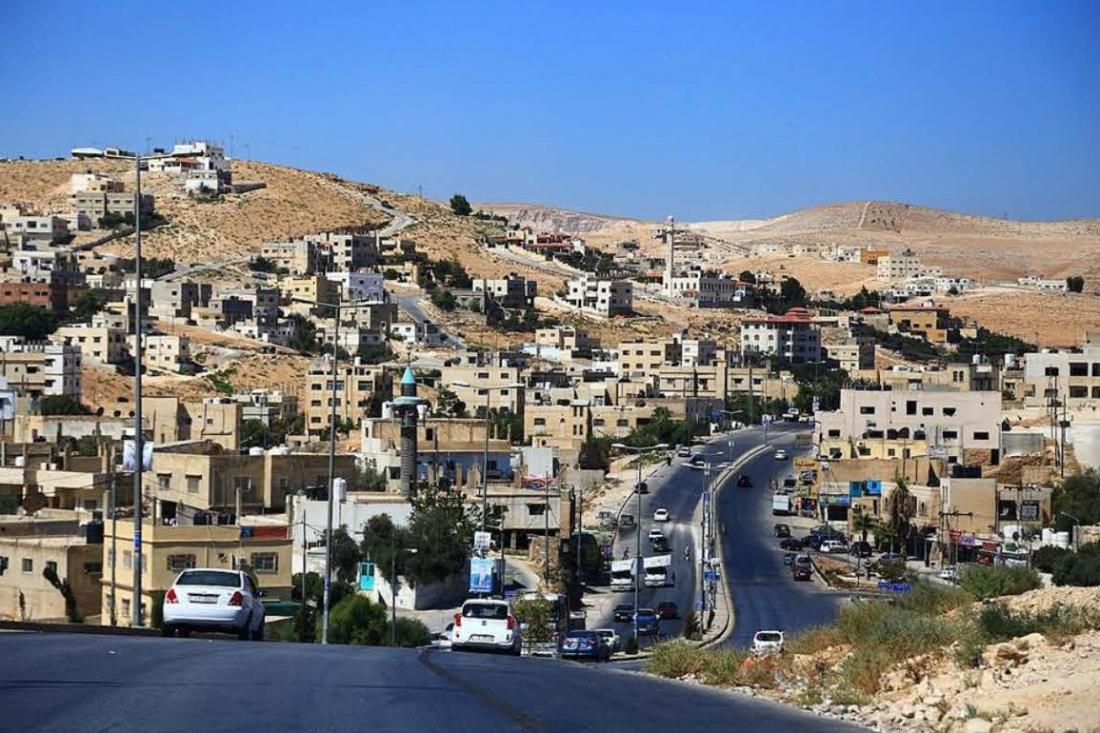Med4Waste: Berain, in Jordan, is working to reduce the problem of waste littering during the next years

Improving waste management systems to make them more environmentally and economically sustainable is a common challenge faced by many towns and cities in the Mediterranean region. Berain, a municipality located in the governorate of Zarqa, central region of Jordan, has been dealing with waste management problems for years. It has an area of about 270 km2 divided into five sub districts surrounded by several villages and agricultural land, with a total population of 35.000 inhabitants and hosting about 5.000 Syrian refugees.
One of the actions that can help the local government of Berain to gain new knowledge on potential waste management alternatives is its participation in the Med4Waste mentoring scheme, which aims to improve waste management practices and bring together cities facing similar challenges. This is a valuable opportunity to learn from the experiences of other projects previously funded by the ENI CBC Med programme. In Jordan, the Med4Waste mentoring scheme is also supporting the Municipality of Madaba.
The first meeting in the framework of the mentoring programme was attended by representatives of the municipality of Berain, technical experts, representatives of CLIMA project and the Med4Waste team. It was the first of many opportunities to discuss the waste management challenges of this municipality and how the mentoring programme could help solve them.
In recent years, the city has become a popular tourist destination due to its beautiful panoramic views. As a result, the population has increased, and so has the generation of solid waste, reaching approximately 25 tons per day. Unfortunately, waste littering has become a common sight in the city. The municipality can collect waste twice a day, but the machinery is outdated and there is a shortage of qualified personnel to handle the increasing volume of waste.

Additionally, there are no effective recycling or large-scale sorting practices in place. Although the solid waste collection fees that are paid by residential, commercial, and industrial units through their electricity bill are meant to cover the cost of waste collection, they only cover approximately 28% of the total cost. Considering these factors, the current waste management system is inadequate to manage the growing waste stream.
The challenge of the municipality is to develop a sustainable waste management plan that not only reduces the amount of waste generated, but also manages it effectively. In addition to the lack of a specific legal framework or national strategy for solid waste management in Jordan, they face financial constraints, shortage of adequate equipment and lack of public awareness.

The local government has identified some potential objectives in which the experience provided by the Med4Waste mentoring scheme could be valuable, such as developing a participatory Solid Waste Management Strategic Plan, the strengthening of environmental protection actions, the increasing of public participation and awareness, the decreasing the cost of the collection service, and the creation of new employment opportunities in the field of solid waste management.









